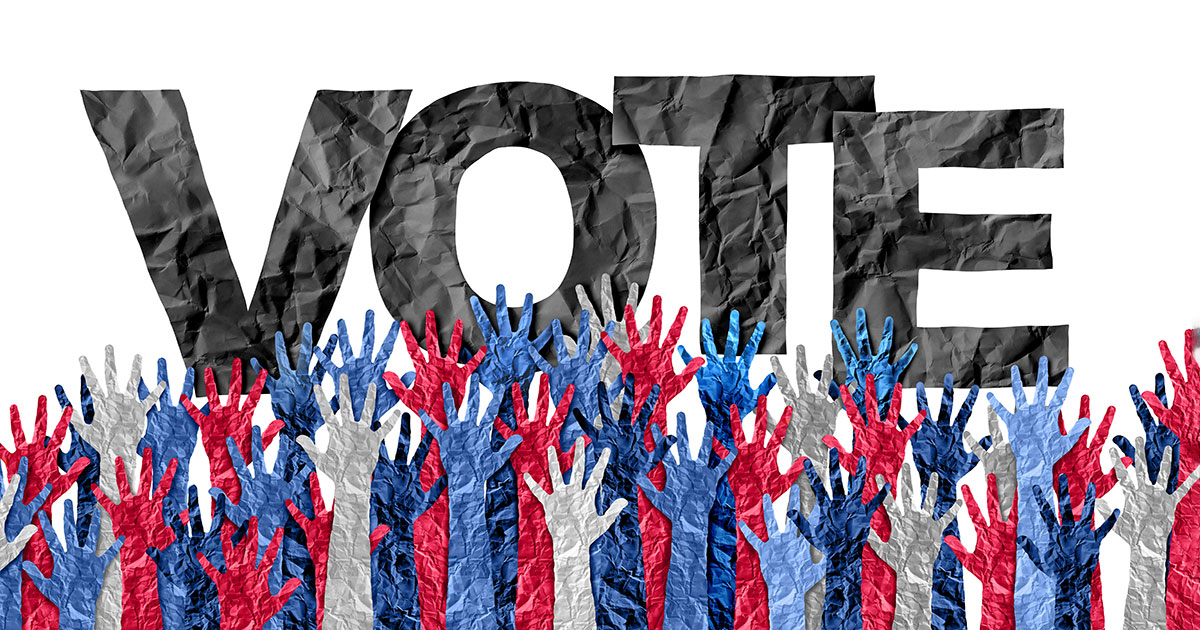From the Archives
“Even though thousands of miles from any form of American Law, we don’t forget our ultimate ambition for the days of peace that lie ahead.” – Lt. Eugene C. Daly, U.S.M.C.R., in a letter to the State Bar Association of Wisconsin, published in August 1943, during World War II.

During the war, “Letters from Service Members” were published periodically in the Bar Bulletin of the State Bar. Lt. Daly was writing to ensure his continued membership.
“I appreciate the value of membership in an Association such as yours and hope that the day is not too far away when I can return home and partake of its many benefits,” Lt. Daly wrote.
WWII ended in 1945, 80 years ago. During the war, the State Bar formed a War Legal Service Committee to assist servicemembers before deployment, during service, and after they returned.
One of the War Legal Service Committee’s activities involved working with local bar associations to find volunteers. “[W]hen legal service to servicemen or their dependents is to be rendered it is referred to the president of the local association in the county where the soldier or his dependent is domiciled, and the president refers the matter to one of the local lawyers who has volunteered for this work,” the Bar Bulletin noted in November 1943.
On the Radar
Voter ID and the Wisconsin Constitution

One of the first proposals by the 2025-26 Wisconsin Legislature is a constitutional amendment that would require photo identification to vote in Wisconsin elections. Photo ID is already required to vote, by statute.
The Legislature approved the proposal (second consideration). The measure will be on the April 1 ballot for voter approval.
The voters will be asked if the state constitution should “require that voters present valid photographic identification verifying their identity in order to vote in any election, subject to exceptions which may be established by law.”
Got a Nugget to Share?
Send your ideas for interesting facts, trends, tips, or other bits and bytes to wislawmag@wisbar.org, or comment below.
Good idea?
KPMG Requests License to Operate Law Firm in Arizona
Arizona is one of the few states in which nonlawyers can own or invest in law firms. Recently, KPMG Law US, a subsidiary of KPMG’s accounting business, applied to the Arizona Supreme Court for a license to run a legal services business under Arizona’s “alternative business structure” rules.
Entities such as Legal Zoom and Axiom have been licensed under the program. But, according to Reuters, the KPMG venture “appears to be the first by [one of] the world’s four biggest accountancy firms, which include EY, Deloitte, and PricewaterhouseCoopers, to practice law in the United States.”
Source: Reuters, ABA Journal
By the Numbers
$540 million – The amount of legal fees that more than 60 law firms will share after 3M, a multinational technology company, agreed to pay $6 billion to settle mass tort litigation.
The lawsuits alleged 3M’s earplugs caused hearing damage to hundreds of thousands of U.S. service members and veterans. Billable hours, which included 16 trials, neared 365,000 hours, according to Reuters.
Did You Know?
Opioid Medication and Bar Admission in Tennessee
The U.S. Justice Department recently determined that the Tennessee Board of Law Examiners (TBLE) and the Tennessee Lawyers Assistance Program (TLAP) discriminated against bar applicant Derek Scott, who was taking medication prescribed to treat opioid use disorder (OUD).
The Justice Department concluded that the TBLE and the TLAP violated the Americans with Disabilities Act “when they subjected [Scott] to additional, burdensome examinations based on his use of lawfully prescribed medication for his OUD and forced him to choose between his law license or continued treatment as prescribed as necessary by his treating physician.”
“This is a powerful finding by the Department of Justice that applies beyond admission to practice law in Tennessee, since there are similar licensing restrictions in other states and for other professions,” David Sinkman, a former federal prosecutor, told NBC News.
» Cite this article: 98 Wis. Law. 7 (February 2025).
